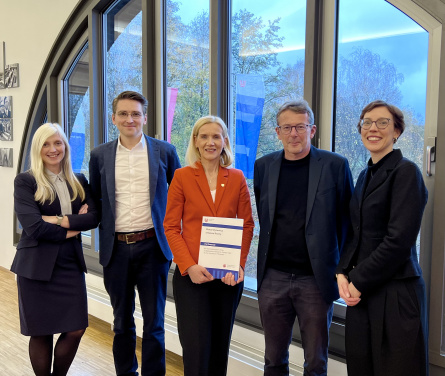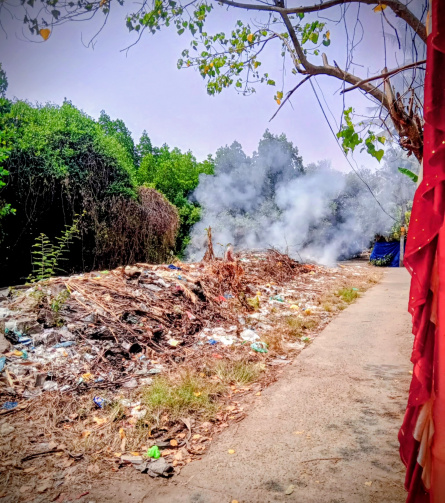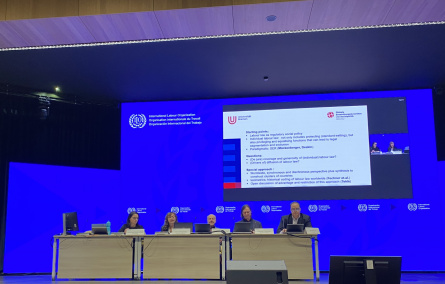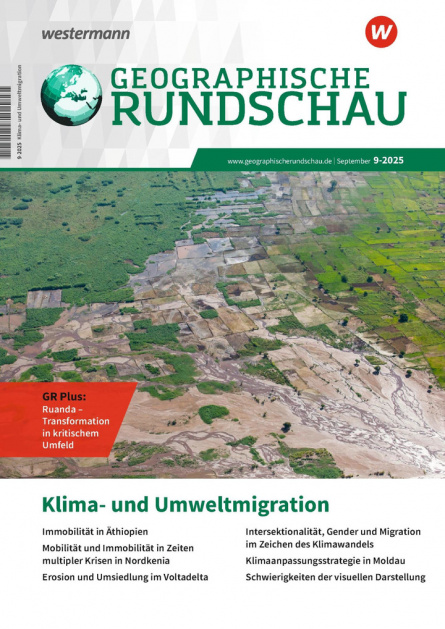Visit Us on Social Media and Check Out the Blog Social Policy Worldwide!
Read more // 08.12.2025

Job Vacancies: CRC 1342 is Looking for New Employees for the Third Phase
Read more // 08.12.2025

"Global Dynamics of Social Policy" CRC Enters Third Funding Phase
Read more // 21.11.2025

Panel Discussion on Social Determinants of Tuberculosis
Read more // 20.11.2025

A03 Workshop on Legal Segmentation in the International Labour Organisation (ILO)
Read more // 18.11.2025

Social Assistance Regimes in Middle Income Countries
Read more // 29.10.2025

Social Safety Net Features from a Global Perspective
Read more // 20.10.2025

Workshop "Research Data Management (RDM)"
Read more // 29.09.2025

Interview Article in the "Geographische Rundschau"
Read more // 15.09.2025

Keynote, Chairs, WeSIS Presentation und Paper Discussion: CRC 1342 at the 23rd ESPAnet Annual Conference in Italy
Read more // 27.08.2025














